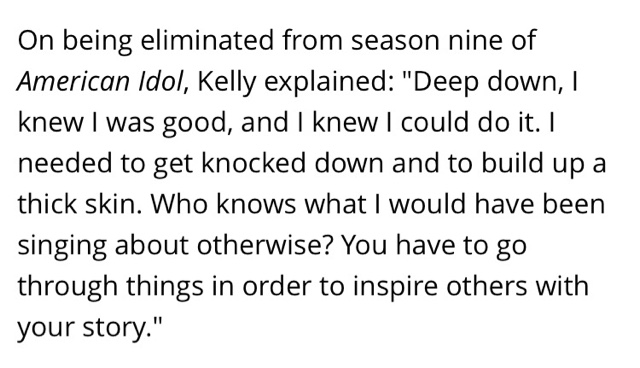Lately I have been wondering why I should share my writing with the rest of the world.
I have tasted the bitterness of rejection from my peers and thought, "Should I open up myself to strangers and show them the deepest, most vulnerable part of who I am?" And, "Why should I reveal the human being beneath this mask?" I have enough heat to deal with from myself about what I don't like about my stories. Why pour gasoline on the fire?
This battle has been raging within me, fighting the urge to slam the door when I've only just cracked it open. To remain in my comfort zone—where it's safe—and I know exactly what to expect from it.
But I don't want that. I want to share my stories with the world. I believe they have the potential to make readers laugh, cry, root for my protagonists to overcome their flaws and reach their goals, and to want an understanding of who my villains are at their core.
But in order to do that, I will need to share these stories with agents, editors, and publishers (should they make it that far), and that is absolutely terrifying in my mind!
Don't get me wrong, I know rejection is part of the writing process, a milestone so to speak. I am expecting that, and am even looking forward to it, oddly enough. I am not afraid of getting punched. In fact, the more I get hit in the face, the more focused I become (I train at an MMA gym, so this is not just a metaphor I'm using). What I fear is failure.
I am truly, madly, deeply afraid of failure. Of total knockout. Of getting choked out and not being able to get back up again, metaphorically. And if that failure means putting my writer's soul on the line in the process, well, the thought alone makes me consider tucking tail and running for cover before I ever really make it out of my writer's hole.
But on the day I seriously considered hiding in order to accommodate my fear, someone—or something—told me not to, everywhere I went.
First, I was told a story about a lady who stepped out, doing what she believed God told her to do, and was rejected in front of an entire crowd. She went home and cried, believing her introverted self was not meant to stand, but instead, to remain hiding in her comfortable corner. She battled for days with her insecurities, her doubts, her fears of facing rejection. Again. But then she got up and went back for another round. She chose to be brave. She chose to fight for what she believed she was supposed to do. She fought for herself. She fought for the lives she believed she was called to step out and love.
Now she travels around, speaking at conferences and concerts—encouraging others with her story; spreading hope and love and her testimony to whoever may choose to listen. And after sharing her testimony at these events, she says, "If I would have let that rejection keep me from getting back up again to pursue the path I believed I was suppose to take, I never would have made it here today. I wouldn't have become who God made me to be. I wouldn't know what I do now, that God is faithful, and that even when others reject me and the calling He has placed on my life, I know He has a greater plan to get me where I need to go, regardless of whether they believe in me.
Or not."
Encouraging, right?
That same morning someone posted a quote on social media by John F. Kennedy that said, "Those who dare to fail miserably can achieve greatly." The person who posted that quote added their own thoughts which read, "Don't allow fear to control you and keep you from stepping out/trying. You might just be surprised by what you are capable of."
I was like, "Okay, God. I'm listening."
Then, while making coffee, I read the "scripture of the day" I have propped up beside my beloved Keurig.
Stand firm. Fight for what I believe I'm supposed to do. Sound familiar?
Then I read an interview with one of my favorite artists, Tori Kelly, and was encouraged by this:
These were only a few words of encouragement I received on the morning I was considering making a run for it, before I ever really tried to put myself out there. And there have been many more since.
Needless to say, readers, I have been inspired to leave my corner and fight the giant in front of me, again. I have counted the cost of what it will take to reach my dreams and become a published author, even if it takes twelve years and several manuscripts to make it happen (I have not yet queried as my manuscript is about to undergo another round of editing).
I plan to begin the query process by the end of the year. Still afraid. Still unnerved by the unknown of what the future could bring. But I will walk this road in faith that I heard God tell me to quit my almost-career as a teacher and to stay home and write.
I may be afraid of the unknown, but I have the courage to step out, remembering that if my God is for me, who can be against me?
And knowing, yet again, that getting knocked down along the way will just mean more lemons—and therefore—more stories to squeeze out of those experiences.
-H




